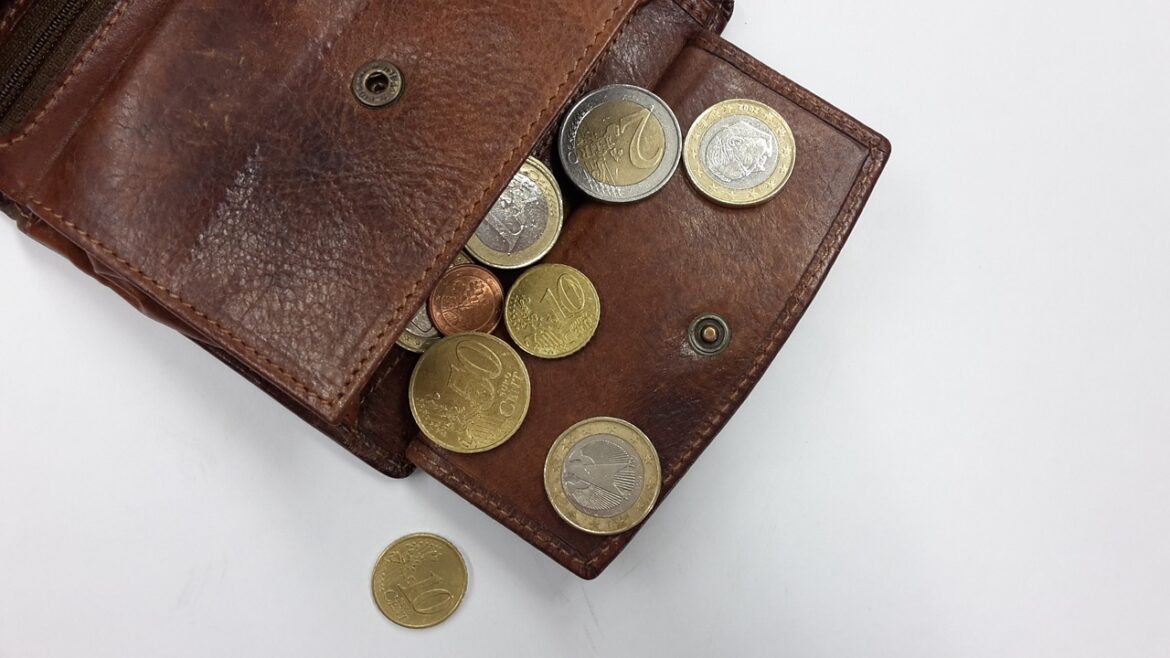Effective budgeting involves creating a plan for how you will manage your finances over a specific period of time. Having a budget helps you see where your money is going. You can put aside money for bills and expenses and set up a plan to reach your financial goals. Here are some steps to help you create an effective budget.
- Determine your income: Calculate your total income from all sources, including your salary, any side hustles, and investments. Make a list of all the money coming in including, amount of money, source, how often (weekly, fortnightly, monthly, or yearly).
- Track your expenses: Keep track of all your expenses for a month or two, so you have an accurate picture of where your money is going. By tracking your expenses, you can identify where you are spending unnecessarily so you can control this trend. You will also understand your spending habits better. Once you have a good understanding of where your money is going, you’ll be better equipped to allocate the available funds to accommodate these expenses as well as identify areas in which you can save.
- Categorize your expenses: Sort your expenses into categories such as housing, transportation, food, entertainment, and other miscellaneous expenses. Creating expense categories helps you understand which expenses you can reduce or curtail.
- Identify areas for improvement: Look for expenses you can reduce or eliminate, such as eating out less or canceling subscriptions you don’t need.
- Set financial goals: Decide on your financial goals such as paying of your debts or saving for a down payment on a house, and prioritize them.
- Create a budget: Use your income, expenses, and goals to create a budget. Make sure to allocate enough money for your expenses while also setting aside money for savings and investments.
- Track your progress: Monitor your spending regularly and adjust your budget as needed. Use tools such as budgeting apps or spreadsheet to help you stay on track.
Remember that living within your means and a budget requires discipline and consistency. Stick to your plan, and you will see progress towards your financial goals over time.

